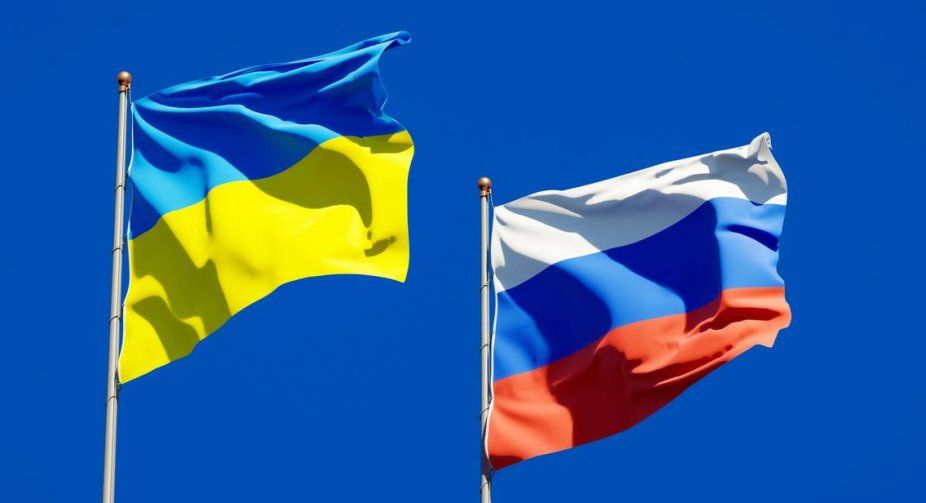The Minister of Foreign Affairs of Slovenia, Tanja Fajon, presented on Monday at the meeting of the EU Council on Foreign Affairs an initiative to conclude an international agreement to promote cooperation in the investigation of war crimes in Ukraine.
Euractiv writes about it.
Fayon said the document would be the first major international treaty to create a mechanism for cooperation between law enforcement agencies in EU and non-EU countries, and a diplomatic conference to discuss it would be held in Ljubljana in May.
"I have called on ministers to attend the conference with their teams of criminal law experts," she said.
The agreement will allow cooperation in the prosecution and investigation of crimes against humanity, war crimes, other international crimes and genocide.
Slovenia developed the treaty in cooperation with Belgium, the Netherlands and three non-EU countries.
Currently, 77 countries have joined the initiative, but according to Fayon, three EU countries are working to involve other countries.
More information and the date of signing will be known after the conference, Fayon added.
"This shows that Slovenia has a really clear policy of investigating responsibility, in particular, when it comes to war crimes in Ukraine," she said.
As reported, the details and outlines of a special tribunal regarding the punishment for the crime of aggression against the Russian Federation appeared for the first time in the new decisions of the PACE in January. This body, which is quite symbolic, is proposed to be created in The Hague.


